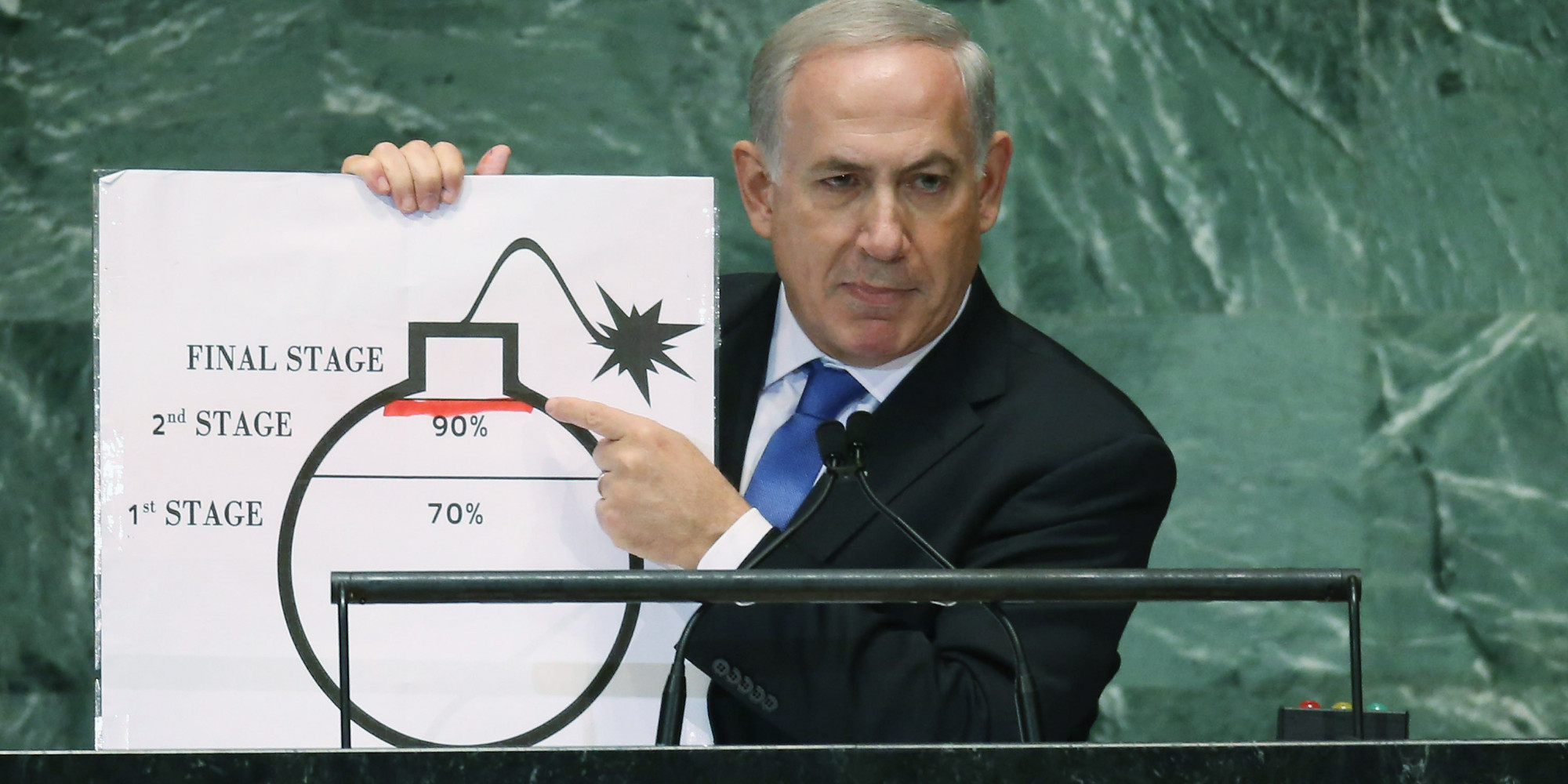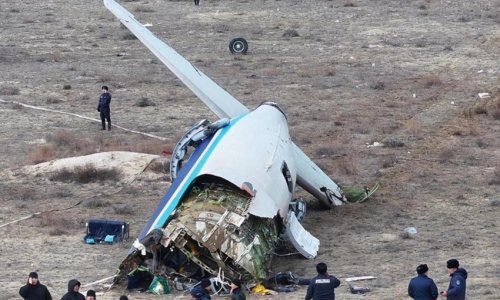Israeli Prime Minister Benjamin Netanyahu and his supporters are trying to create "an atmosphere of hysteria" and "fear-mongering," the Iranian foreign minister said Thursday.
"The only explanation that you can have here is that some people consider peace and stability as an existential threat," Javad Zarif told CNN's Christiane Amanpour.
"Because a deal cannot be threatening to anybody unless you want conflict and tension and mistrust and crises."
In a highly controversial speech to the U.S. Congress on Tuesday, Netanyahu said that far from stopping Iran, the deal currently being negotiated in Switzerland would pave Iran's way to nuclear weapons.
Zarif told Amanpour that Netanyahu's speech had "no effect on the negotiating table."
He spoke from Montreux, Switzerland, where Iran, the U.S. and five other countries are trying to hammer out an agreement that would trade sanctions relief for guarantees on Iran's nuclear program.
Zarif told Amanpour that he believed negotiators were "very close" to such a deal, but only if everybody avoided "the path of confrontation."
"Everybody has to make tough choices. We have made the choice to engage in negotiations, although we believe that this entire exercise was unnecessary -- this was a manufactured crisis."
"People have been predicting for the past 20 years that Iran was a year away from making a bomb, and that prediction has been proven wrong time and again," Zarif said.
"But unfortunately that is a reality, that this hysteria that has been fanned continues to be fanned. And we try to resolve that problem."
While the details of a definitive deal are still decidedly out of reach -- "I'm not prepared to negotiate on the air" -- Zarif told Amanpour that he had hope for a "win-win situation for all."
"The object of this exercise is to ensure that Iran's nuclear program will always remain peaceful, and to remove all the restrictions that have been imposed on Iran, in our view unjustifiably," he said.
"You can either have sanctions and continue to seek that path of confrontation, or try to resolve this issue through negotiations and through an agreement."
Iran takes on ISIS
As Iran negotiates its nuclear future, a war against ISIS is being waged in neighboring Iraq.
Tehran has supplied the Baghdad government with advisers, weapons, and ammunition, and one of its top generals, Qassim Sulaimani, has been sent to the country, according to the semiofficial Iranian FARS news agency.
The Pentagon has suggested that Iranians could themselves be participating in the fight, which Zarif denied.
"We do not have forces on the ground in Iraq. We have always had advisers helping the Iraqi government and the Iraqi army," he said.
"We were the first to come to the assistance of the Iraqis, both in Baghdad as well as in Irbil, when the ISIS started moving in in massive numbers last summer."
"Everybody knows that without our assistance, things would have been different in Iraq," he added. "We hope that this could unite Iraqis."
The United States, which also has military advisers in Iraq and has launched an air campaign against ISIS, adamantly denies that it coordinates with Iran in the fight against their common enemy.
"This is a global threat," Zarif said. "You see the implications in Europe, you see the fact that they are recruiting from Europe. So this is a global problem, it requires global cooperation and global work."
(CNN)
ANN.Az
Follow us !











